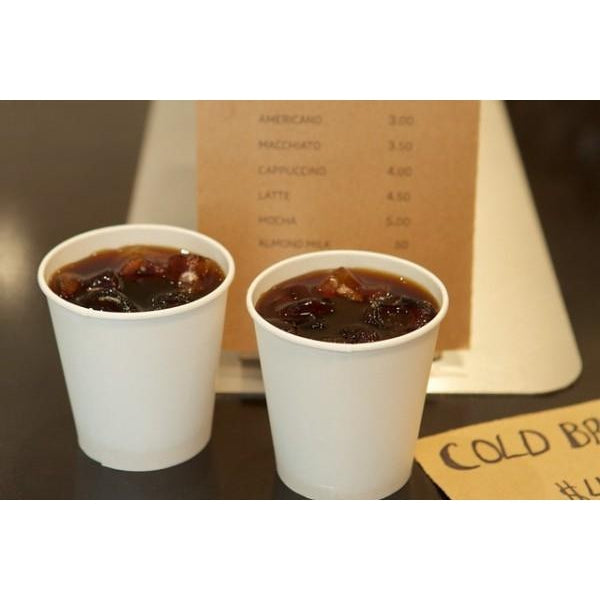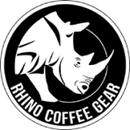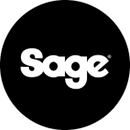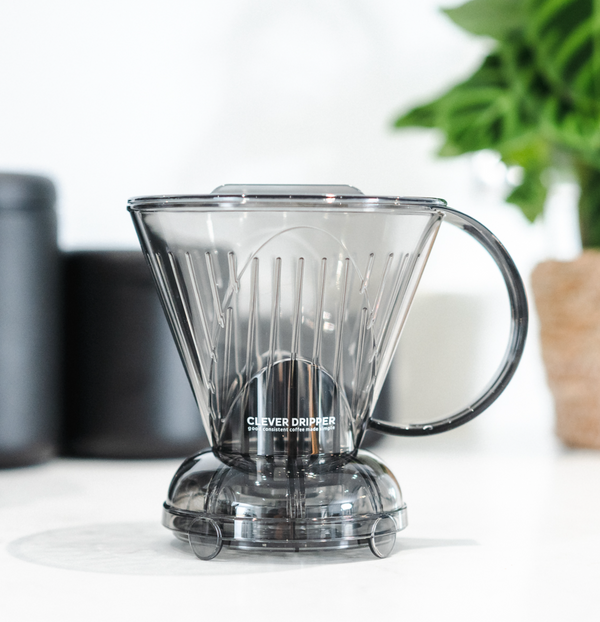
A COLD BREW FRONTIER
Cold Brewed coffee offers a refreshing alternative to hot coffee with its smooth, rich taste. Our cold brew system makes it easier than ever to produce but being a relatively new brewing method, much testing is still needed and there are little regulations and guidelines in place. There are dangers with cold brew just as with any food product and it is important that standard practices are maintained to keep your cold brew not only delicious every time but safe for your customers. This is a quick guide to ensuring your Cold brew coffee is the best it can be.
THINGS YOU SHOULD KNOW
- Because cold brewed coffee does not have a hot water “kill step” during brewing, it has the potential to contain more food borne pathogens and contaminants.
- Adding ingredients can complicate things; Milk expires before coffee while sugar gives microbes fuel to grow. Black cold brew may be safer and last longer.
- Three keys to safe cold brew: Clean water, clean equipment, and safe storage. Filtered water, properly sanitised food grade equipment for all brewing stages (ideally NSF certified), as well as refrigeration, are all key to maintaining a safe product.
- Using approved cleaning & sanitising products is key to making sure your equipment reaches proper sanitation in between every brewed batch.
- If you are a small Business, find out if you need to be registered with the FDA and be aware of new rules concerning Good Manufacturing Practices and rules such as HARPC (Hazard Analysis and Risk- Based Preventative Controls). Regulations include labelling requirements, allergen testing, and preventative controls. For more info: FDA Guidance
- There is no pre-approval process for drinks unless it is a pasteurised product, but you will still be subjected to periodic inspections by the FDA.
FAQ
Can I leave my cold brew at room temperature?
It is best to keep your cold brew coffee refrigerated at all times. It is a perishable product if it is unpasteurized and contains no preservatives.
How long will a batch of cold brew last?
While there is no rule on how long cold brew should last, if brewed properly and safely, it should last up to two weeks refrigerated. We recommend brewing only enough for 1-3 days, brewing often to keep the product as fresh as possible for your customers.
Is there more than one way to cold brew coffee?
There are 3 common practices of cold brew; first is to steep ground coffee at room temperature for anywhere from 12-24 hours, second is refrigerate while steeping grounds in water. Third, the “hot bloom” method is brewed by saturating grounds with hot water briefly followed by a long steep refrigerated or room temperature (not considered a cold brew by some). The safest way to cold brew is to use cold filtered water and refrigerate the coffee while steeping.
Does my cold brew need to be FDA approved?
Local regulations and the FDA currently do not provide specific guidelines for how to cold brew. If your food retail establishment sells more than 50 percent to non-consumer buyers and coffee shops, you will need to register with the FDA. There are three main concerns the FDA looks at; Good Manufacturing Processes, labeling review of the product, as well as pasteurization.
BREWISTA STANDARDS AND PRACTICES
- Make sure all of your brewing equipment is food safe.
- Make sure you are using Cafetto cleaner or any other certified food safe cleaner that properly sanitises all brewing equipment.
- Refrigerate your concentrate or ready-to-serve coffee once it is done brewing.
- Store your cold brew in an air tight container and keep refrigerated at all times.
- We brew 3kg pounds of ground coffee with 26 litres of filtered water and refrigerate while steeping for 12 hours. This creates a concentrate that we dilute with water to a 1:1 ratio. This is our preferred recipe but we encourage you to experiment with coffee concentrate, brew time, bean varietals and ratios.
ADDITIONAL RESOURCES
- “Cold Brew with Caution” by Emily Puro Roast Magazine. July/August 2016
- Video by Maya Zuniga of S&D Coffee & Tea : Video of Coffee Chemistry
- Video by Diane Aylsworth of Stumptown Roasters:I
- FDA Food Guidance Regulation Information: tm









